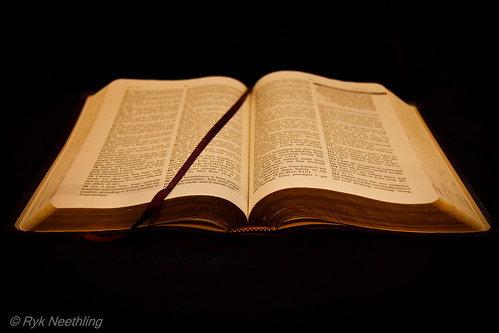
Lately I’ve been having a lot of conversations about singleness with friends of both sexes. Maybe it’s because it’s spring and with all the engagements, weddings, pregnancy announcements and new babies it seems like everyone we know is twitterpated. Maybe it’s because some are new friends and we haven’t had this conversation yet. Maybe it’s because we’re human beings in our 20s. Anyway, there’s been a lot of talk.
But something began to tug at my heart when I realized a couple of those friends and I frequently text each other complaining– via funny ecards, memes, or our own words– about being single. In the course of discussing a blog post about singleness and marriage, one friend said “I mean, doesn’t my future husband know I’m tired of waiting?! He needs to get here already!” I’ve said that too.
The first thing that came to mind, knowing my guy friends’ hearts, is “Don’t worry, he’s tired of waiting too!”
But we are called to other things in this season of singleness, however long it lasts. 1 Corinthians 7:34 says There is a difference between a wife and a virgin. The unmarried woman cares about the things of the Lord, that she may be holy both in body and in spirit. But she who is married cares about the things of the world– how she may please her husband. And lest we chafe at that, good ol’ Paul follows it with verse 35: And this I say for your own profit, not that I may put a leash on you, but for what is proper, and that you may serve the Lord without distraction.
God has other work for us.
My friend knows that. But she said “I feel like I’m more worried about when I’m going to get married. That’s just how it is.”
God is not calling us to worry about when we will get married.
Hear it from Jesus Himself in Matthew 6:25-34:
“Therefore I say to you, do not worry about your life, what you will eat or what you will drink; nor about your body, what you will put on. Is not life more than food and the body more than clothing? Look at the birds of the air, for they neither sow nor reap nor gather into barns; yet your heavenly Father feeds them. Are you not of more value than they? Which of you by worrying can add one cubit to his stature?
So why do you worry about clothing? Consider the lilies of the field, how they grow: they neither toil nor spin; and yet I say to you that even Solomon in all his glory was not arrayed like one of these. Now if God so clothes the grass of the field, which today is, and tomorrow is thrown into the oven, will He not much more clothe you, O you of little faith?
Therefore do not worry, saying ‘What shall we eat?’ or ‘What shall we drink?’ or ‘What shall we wear?’ For after all these things the Gentiles seek. For your heavenly Father knows that you need all these things. But seek first the kingdom of God and His righteousness, and all these things shall be added to you. Therefore do not worry about tomorrow, for tomorrow will worry about its own things. Sufficient for the day is its own trouble.”
When the Son of God specifically says not to worry, worrying is not “just how it is”. Worrying is sin.
Spurgeon says it succinctly: Remember this: had any other condition been better for you than the one in which you are, divine love would have put you there.
He has called us to concern ourselves with the “things of the Lord”. May we always, ever, only, pursue His kingdom and His glory… and not worry about a husband or wife until He gives us one!








